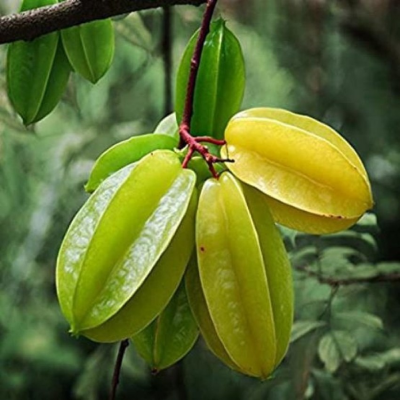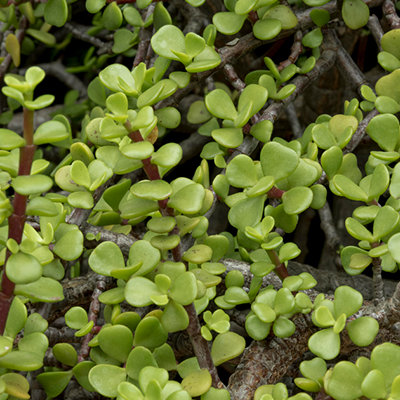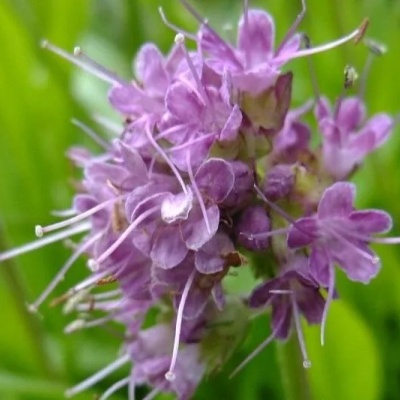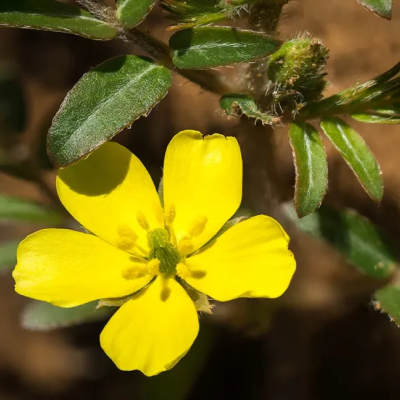- +033 2572 7171
- info@dhanvantary.com

4.5 Rating | 4500 Review

4.5 Rating | 4500 Review
Atrial fibrillation (AF) is a common heart condition where the upper chambers of the heart (the atria) beat irregularly and often too quickly. This disrupts the heart's normal rhythm, causing blood to flow less efficiently and sometimes leading to blood clots, stroke, or heart failure.

AF can be caused by various factors including:
Some people may not notice any symptoms, but common ones include:
Vata dosha is primarily responsible for movement and regulates the circulatory system, including heart rhythm and nerve impulses. Vyana Vayu, a sub-dosha of Vata, controls the circulatory flow and rhythm of the heart.
In AF, there is an irregular, uncoordinated rhythm, which Ayurveda interprets as a Vata disturbance. When Vyana Vayu is disturbed, it may result in erratic movements and impulses in the heart, leading to arrhythmias like AF.
Possible causes for Vata imbalance include stress, anxiety, irregular lifestyle patterns, excessive physical activity, or a lack of nourishing diet, all of which can contribute to the “dryness” and “instability” of Vata, ultimately disturbing the heart rhythm.
In some cases, Pitta dosha may also play a role, especially if there is inflammation or heat in the heart tissue, which can be understood as an irritated state.
Ranjaka Pitta is related to blood and its purification. When this Pitta sub-dosha is imbalanced, it may create conditions that promote inflammation and contribute to heart-related issues. The combination of increased heat and stress may exacerbate AF symptoms, like palpitations and chest discomfort.
Vata-Pacifying Diet: A diet rich in warm, moist, and grounding foods (such as soups, stews, root vegetables, whole grains) helps stabilize Vata. Bitter, astringent, and pungent foods, which can aggravate Vata, are minimized.
Avoid Stimulants: Reducing caffeine, spicy foods, and alcohol is advised to prevent Pitta aggravation and avoid over stimulating the Nervous system.
Daily Routine (Dinacharya): Maintaining a regular schedule with adequate rest, timely meals, and balanced activity.
Stress Management: Practicing relaxation techniques like yoga, meditation, and Pranayama (breathing exercises), which help calm Vata and Pitta and support a steady heartbeat.
Abhyanga (Oil Massage): Self-massage with warm oil (such as sesame oil) can calm Vata and promote circulation.
Avoid Overexertion: Engaging in moderate physical activity rather than excessive exertion is crucial to avoid aggravating Vata.
Shirodhara: This involves pouring warm herbal oil on the forehead to calm the nervous system and reduce stress, helping manage Vata disturbances.
Nasya Therapy: Application of herbal oils or ghee into the nasal passages to nourish the senses and calm the mind, thus indirectly stabilizing heart rhythm.
Virechana (Therapeutic Purgation): This procedure can help balance Pitta, cleanse toxins, and reset the system, promoting overall cardiovascular health.

Arjuna is one of Ayurveda’s most highly regarded cardiotonic herbs. It helps strengthen the heart muscle, supports blood pressure regulation, and promotes proper circulation. It is known to help stabilize irregular heartbeat and reduce palpitations.
Use: Powder Mix 1 teaspoon of Arjuna powder with warm water or milk and take once or twice a day.
Decoction (Kwath): Boil 1-2 teaspoons of Arjuna powder in a cup of water, reduce to half, and drink once daily

Ashwagandha is an adaptogen that helps the body cope with stress, which can be a trigger for AF episodes. It also has a calming effect on the nervous system, helping to reduce Vata imbalances.
Use: Powder: Take 1 teaspoon of Ashwagandha powder with warm milk before bed.
Boil 1 teaspoon of Ashwagandha root powder in water, strain, and drink once daily.

Brahmi has a calming effect on the nervous system, helping reduce anxiety and stress, which can help prevent Vata aggravation. It is also known to improve mental clarity and relax the mind.
Use: Powder Mix ½ teaspoon of Brahmi powder in warm water or milk, taken once or twice daily.
Brahmi Tea: Steep 1 teaspoon of dried Brahmi leaves in hot water for 5-10 minutes, strain, and drink.

Jatamansi is known for its anti-stress and nervine properties, which help calm Vata and reduce mental restlessness and anxiety—factors that can worsen AF.
Use: Mix ½ teaspoon of Jatamansi powder in warm water before bedtime.
Essential Oil: Jatamansi essential oil can be diluted with a carrier oil (like sesame) and used for massage on the scalp or temples to relieve stress.
Tea/Infusion: Boil 1 teaspoon of Jatamansi powder in a cup of water, strain, and drink.

Gokshura supports heart health, reduces strain on the cardiovascular system, and helps manage blood pressure. It is also known to be beneficial for reducing physical and mental fatigue.
Use: Powder Take ½-1 teaspoon of Gokshura powder mixed with warm water once or twice daily.
Decoction: Boil 1 teaspoon of Gokshura powder in water, reduce by half, strain, and drink.
Powder: Take ½-1 teaspoon of Gokshura powder mixed with warm water once or twice a day.
